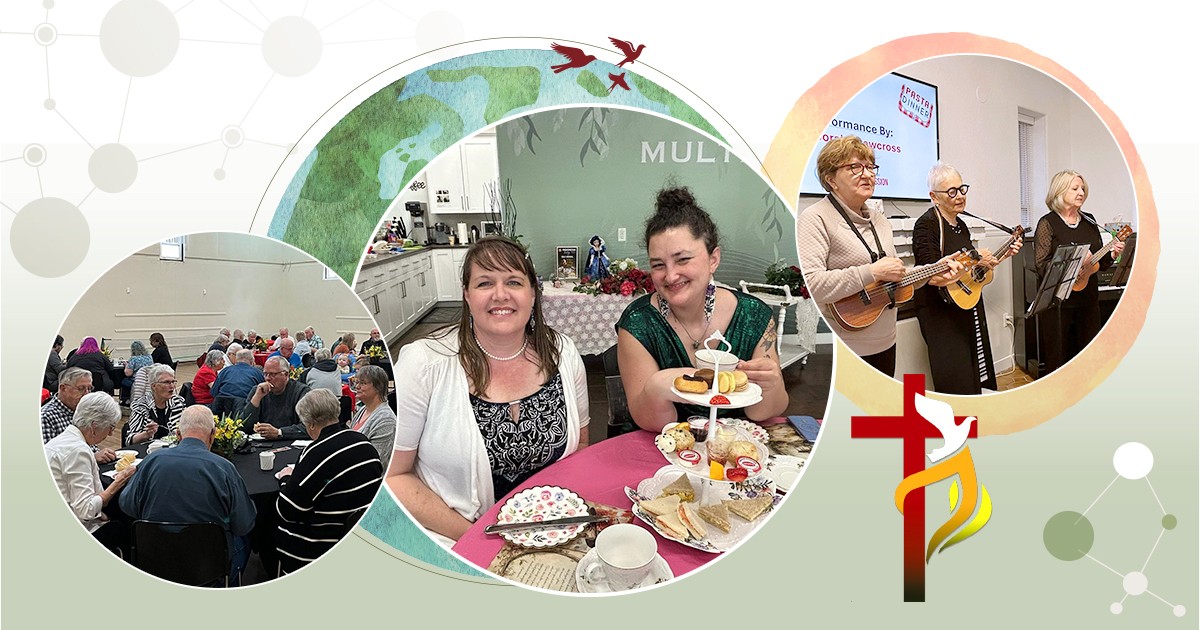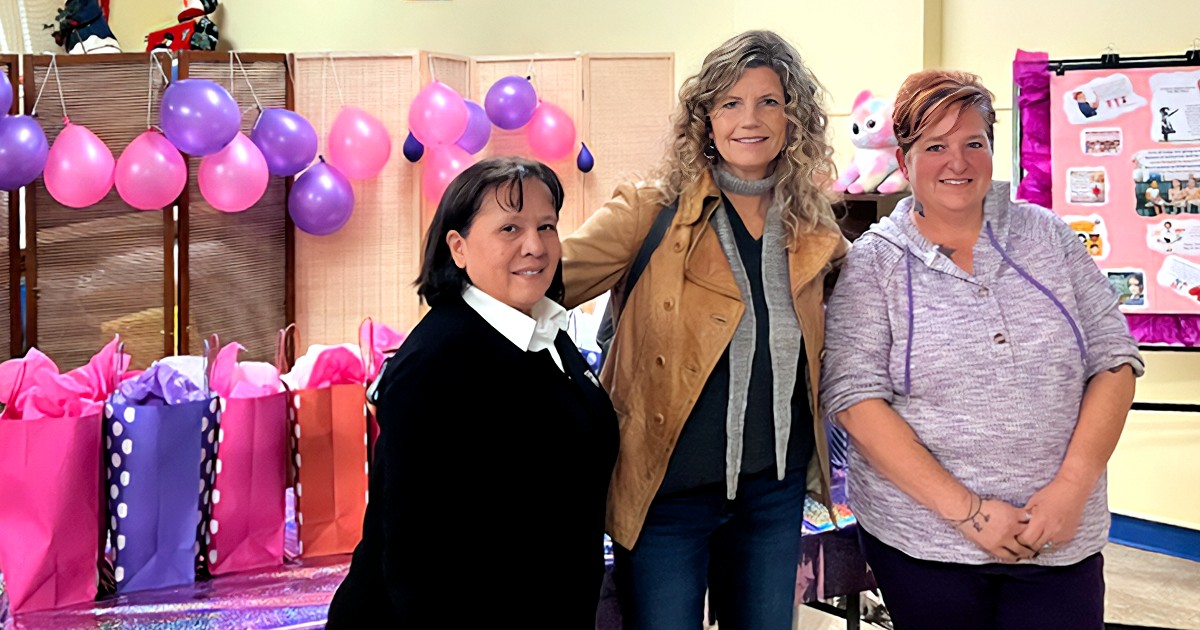 This coming Sunday, October 16, is World Food Day. It's an internationally celebrated day that honours the date and founding of the Food and Agriculture Organization, or FAO, of the United Nations in 1945.
This coming Sunday, October 16, is World Food Day. It's an internationally celebrated day that honours the date and founding of the Food and Agriculture Organization, or FAO, of the United Nations in 1945.
The FAO is a specialized agency of the United Nations that facilitates and leads global initiatives to defeat and end hunger.
The theme for World Food Day 2011 is “Food Prices – From Crisis to Stability.” From the website, www.fao.org:
Price swings, upswings in particular, represent a major threat to food security in developing countries. Hardest-hit are the poor. According to the World Bank, in 2010-2011 rising food costs pushed nearly 70 million people into extreme poverty.
…[the theme] has been chosen… to shed light on this trend and what can be done to mitigate it's impact on the most vulnerable.
Philip, one of Jesus' disciples, thought they had a food price crisis in the Gospel of John. In chapter six, a large crowd had followed Jesus to “the far shore of the Sea of Galilee.”
John writes that when “Jesus looked up and saw a great crowd coming toward him, he said to Philip, 'Where shall we buy bread for these people to eat?'”
Jesus was testing his disciples, “for he already had in mind what he was going to do.”
Philip answered Jesus stating: “Eight months' wages would not buy enough bread for each one to have a bite.”
“We have a food price crisis,” Philip is telling Jesus.
Jesus finds a solution, though. Present amongst the crowd was a boy with “five small barley loaves and two small fish.” Andrew found the boy but said, “how far will [the loaves and fish] go among so many.”
“Have the people sit down,” Jesus states. He then took the food, gave thanks for it, and it was distributed among the crowd gathered. The number is unknown. John simply states there were 5,000 men. How many women and children were there?
There are many men, women, and children in the world today who need help. We may feel like Philip and wonder how much help we can be. We may feel like we cannot truly make a difference. We will not use five loaves of bread and two fish to solve the hunger problem that exists down our streets, in our communities, and around the world. We can, however, make a difference. We can donate to our local community food banks, those run by The Salvation Army and otherwise. We can lead food drives for said food banks. We can talk and write about this issue among friends, fellow students and employees, and in public forums. We can write our elected officials to advocate for those who do not have a voice. We can pray about hunger and for initiatives like World Food Day.
Much later in John 21, Jesus reinstates Peter after his denial during the Passion narrative. The two of them have a Q&A session. Jesus asks Peter three times, “Do you love me?”
Peter answers “yes” to the three questions and Jesus offers these three responses to Peter's affirmative answers: “Feed my lambs,” “Take care of my sheep,” and “Feed my sheep.”
The above three statements are for us as well; Christ's disciples in the year 2011. We need to feed Christ's lambs, take care of his sheep, and feed his sheep on World Food Day and the whole year round.
Click here to read a report on the Army's food bank services.
Click here to read about the Canadian Foodgrains Bank, a partnership of 15 churches and church agencies, which includes The Salvation Army, working together to end global hunger.
 Captain Mark Braye and his wife, Nancy, are the officers/pastors of The Salvation Army Temiskaming Community Church in Temiskaming Shores, Ont. They have two children, Hannah and Micah.
Captain Mark Braye and his wife, Nancy, are the officers/pastors of The Salvation Army Temiskaming Community Church in Temiskaming Shores, Ont. They have two children, Hannah and Micah.









Leave a Comment